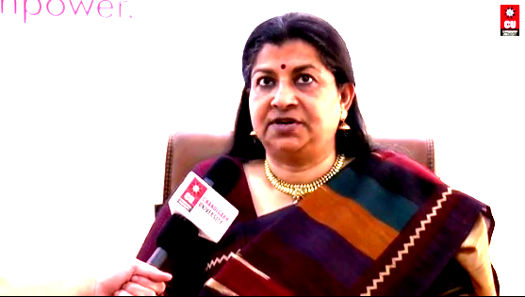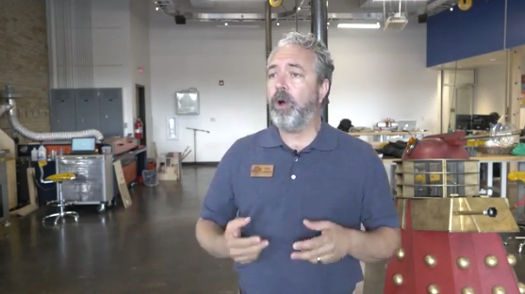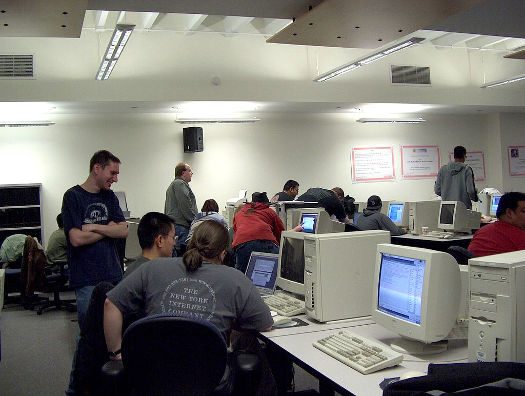Microservices are the wave of the future for Internet technology, partly because they can be tucked out of the way on the “edges” of the…
Posts published in “Community”
All Things Open presents Open Source 101, a one day conference scheduled for February that might be a good way for tech students at N.C. State to network and talk with recruiters.

There’s a new open source conference coming to Silicon Valley East. Open Source 101 will be a single day event held Saturday February 4, 2017 on the campus of North Carolina State University in Raleigh. The event is being hosted by All Things Open, the organization behind the four-year-old All Things Open conference that’s held every October in downtown Raleigh.
When you think about it, “making” is just a more down-to-earth and less abstract version of coding, with results you touch and feel instead of…
Shyama Iyer says that students can learn about open source software on their own, “but who has the time to learn by trial and error? If there is a tutor — which is what Spoken Tutorial is, a tutor for software — then they can learn in a finite period of time.”

The Video Screening Room
While colleges and universities in the United States try to figure out whether their campus needs a FOSS computer lab, no such hesitation occurs in smart higher education institutions overseas. In this short video, hear from Professor Shyama Iyer about the FOSS tools taught at Indian Institute of Technology Bombay (IIT Bombay).
For the past 10 years, Phil has been working at a public library in the Washington D.C.-area, helping youth and adults use the 28 public Linux stations the library offers seven days a week. He also writes for MAKE magazine, Opensource.com and TechSoup Libraries. Suggest videos by contacting Phil on Twitter or at pshapiro@his.com.
Also included: Fedora community says goodbye to Matthew Williams, Solus gets a new package build system, end-of-life for Fedora 23 and IoT security.

FOSS Week in Review
Something arctic this way comes. That”s what Lannie Pope, the weatherwoman on the local NBC affiliate, tells us, Trouble is, I’m still stuck in a house without proper heat, a situation that’s been dragging on since near the end of September. It’s a long story, but…brrr. I’m glad I don’t live in a part of the country where it gets really cold.
Now on to this week’s FOSS news, which is always warm…
Christine Hall has been a journalist since 1971. In 2001, she began writing a weekly consumer computer column and started covering Linux and FOSS in 2002 after making the switch to GNU/Linux. Follow her on Twitter: @BrideOfLinux
Not only is Moodle an equivalent to Blackboard, many claim it to be superior. Also, it’s free, while Blackboard is very expensive. The Video Screening…
One thing we learned a long time ago here at FOSS Force is that the world could use more people like Phil Shapiro. The FOSS…
What’s it like to advocate for open source and be a rep for Mozilla in Slovenia? Nino Vranešič tells all. The FOSS Force Video Interview…









